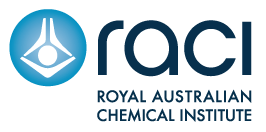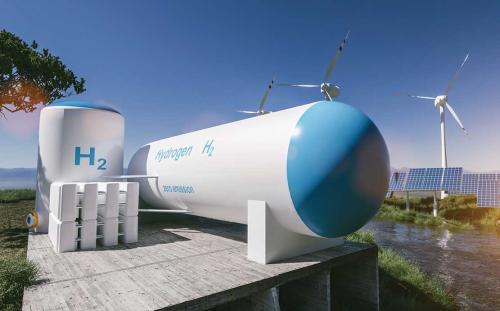Renewables developments have been growing rapidly around the world in recent years, but they are now encountering a bottleneck due to the lack of many relevant skills and jobs. The International Energy Agency reports that by 2030 there will be a global shortage of 7 million skilled workers that would be needed for the necessary climate and energy projects.
This skills shortage includes various disciplines, such as physical sciences, engineering, data science and mathematics. The required skills include a full diversity of levels from research scientists and engineers to relevant apprenticeships. Chemistry is a key field in the development of batteries, fuel cells, solar catalysis and electrolytic and photolytic processes required to produce green hydrogen. Renewables is a broad interdisciplinary research and development sector, in which scientists and engineers work in cooperative teams to achieve real success. The future of renewables will also require skills in innovation and business leadership.
The leading global renewables at present are solar, wind, hydro, tidal and green hydrogen (the last with no associated greenhouse gas emissions). Solar, wind and electric vehicles are leading the way. The economic tipping point for adopting green hydrogen internationally (including Australia) is US$2/kg (AU$3/kg). Once it is below that point, green hydrogen will become cheaper than existing industrial grey and blue hydrogen (with their associated greenhouse gases). The leading country in this race is China, which is currently producing green hydrogen at US$2.90/kg (AU$4.5/kg). Projections by MarketsandMarkets USA indicate that the tipping point for green hydrogen will be crossed in many advanced economies well before 2030.
In October 2023, the Jobs and Skills Australia report addressed skills shortages in renewables, and identified workforce targets that Australia requires to achieve net-zero carbon. These targets include, first, 82% renewable energy generation in the National Electricity Market and 43% reduction of emissions below 2005 levels by 2030. The targets also require 450 000 renewables jobs in construction of clean energy production and transmission infrastructure, which is one-third of all jobs growth in Australia. The report notes that half of the existing electrical engineers in Australia were born overseas. The report also urges the reform of training and educational offerings and the creation of a more inclusive workforce. The Clean Energy Council has endorsed the recommendations of this 2023 report.
Intense international competition for skilled specialists will determine which countries dominate the early phases (until 2040) of the renewables transition. Various solutions to the bottleneck have been suggested, including more skilled migration, increasing the number of specialist higher education programs in renewables, and retraining existing fossil fuel workers in skills relating to renewables. A report from Scotland indicated that 80% of fossil fuel workers are keen to be retrained provided retraining is affordable for them.
The recent massive global investments in renewables have been driven mainly by the US and China, and mainly (75%) by the private sector. Investments have increased from $11.2 billion in 2012 to $21 billion in 2022. It has been reported that the US and China are each planning to invest at least $3 trillion in renewables over the coming decade. The International Energy Agency reports that global clean-tech investment needs to reach about $7.7 trillion a year by 2030. In 2023, world governments invested $2.6 trillion in clean energy, including renewable power, nuclear, grids, storage, low-emission fuels, efficiency improvements and end-use renewables and electrification.
The growth of the renewables transition internationally will require the involvement of universities and industrial training organisations. It will also require a strong culture of cooperative interdisciplinary development. Recent projections by researchers in Canada and Austria indicate that one billion climate-caused deaths will occur over the next century. The instinct for human survival will surely be a powerful incentive to establish a renewable economy by Australia and other countries.



